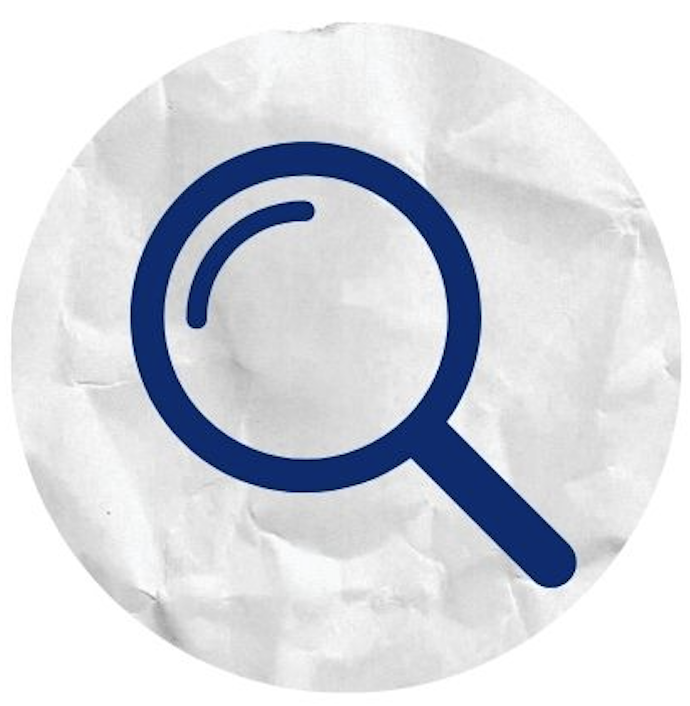
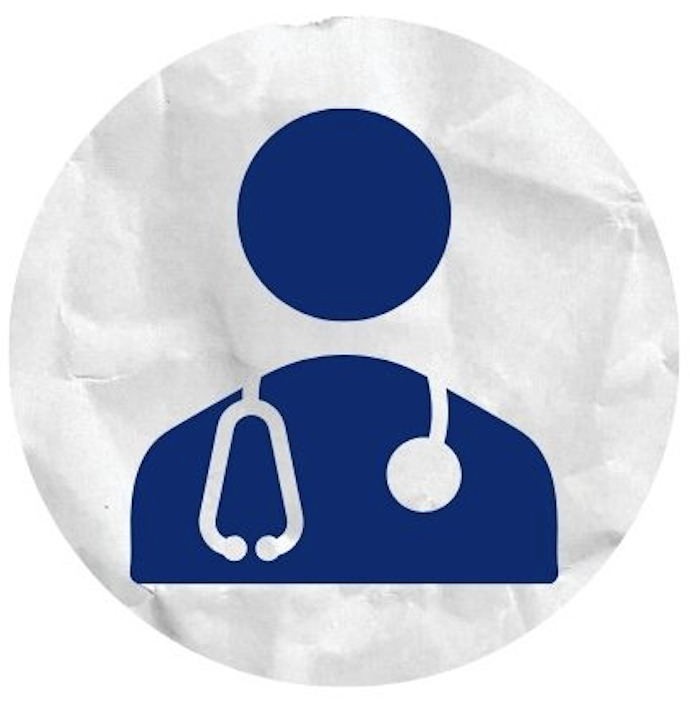
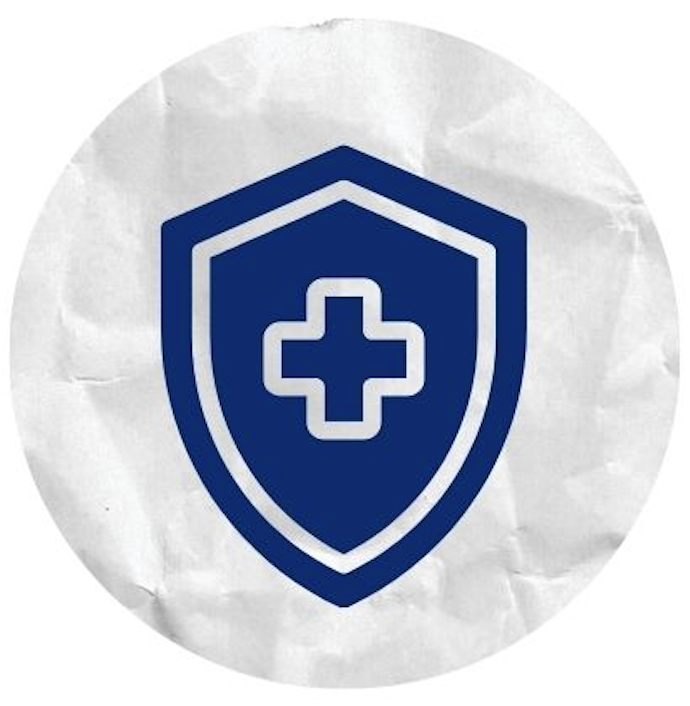
Vital chemotherapy and cancer medicines routinely fail quality tests worldwide. Substandard and falsified (aka fake) cancer medicines are one of the greatest threats to cancer care globally, undermining patient trust in legitimate treatments, the integrity of healthcare systems, and hard-won progress against cancer.
We believe knowledge saves lives and ensures no cancer patient is deprived of their right to legitimate and safe medicines. This campaign empowers physicians, pharmacists, and nurses, as well as patients, through targeted education, practical tools, and active engagement to recognize risks, report suspicious products, and strengthen vigilance across the cancer supply chain.

Fake cancer medicines — also called substandard or falsified medicines — are drugs that are poor-quality, incorrectly made, or deliberately misrepresented. They may contain the wrong ingredients, too little of the real drug, or toxic substances. Fake cancer medicines include pill and intravenous therapies.
Fake treatments put patients’ lives at risk by delaying effective care and causing dangerous side effects.
As cancer medicine shortages and high costs push more people to buy from unregulated online pharmacies, fake cancer medicines aren’t rare, and they’re not just a problem for low- and middle-income countries (LMICs).
Today substandard and falsified cancer medicines are found in 100 countries, including in high-income countries.
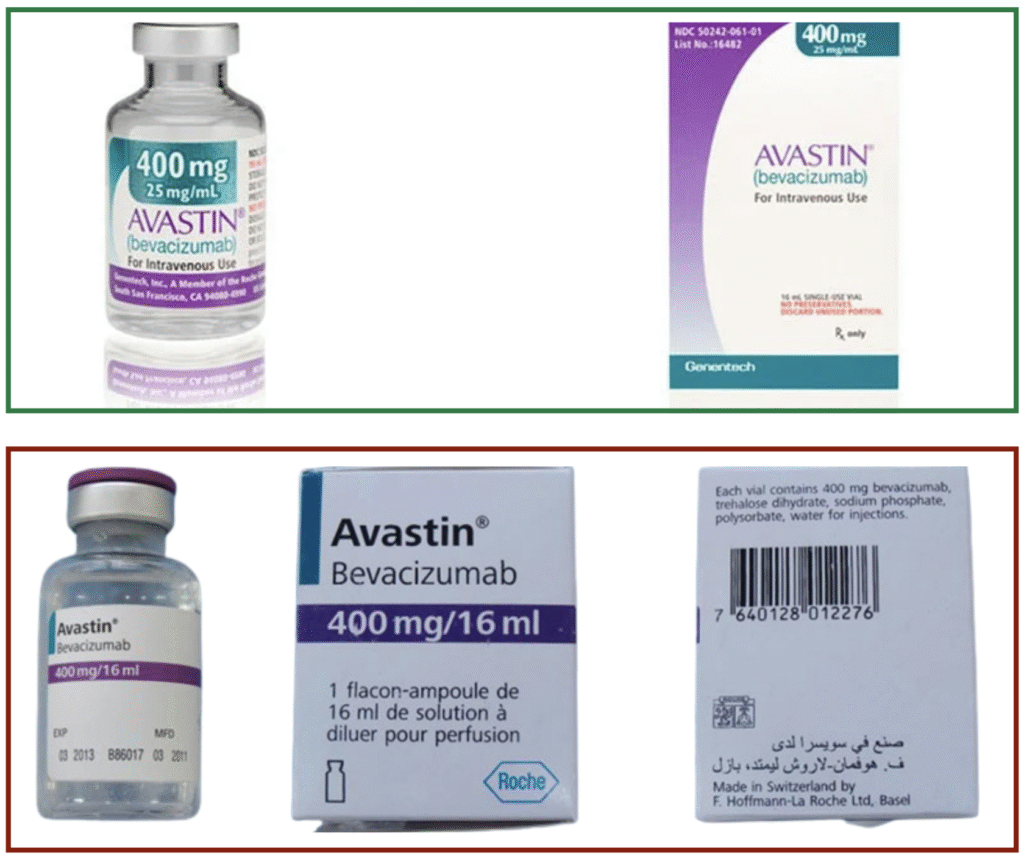
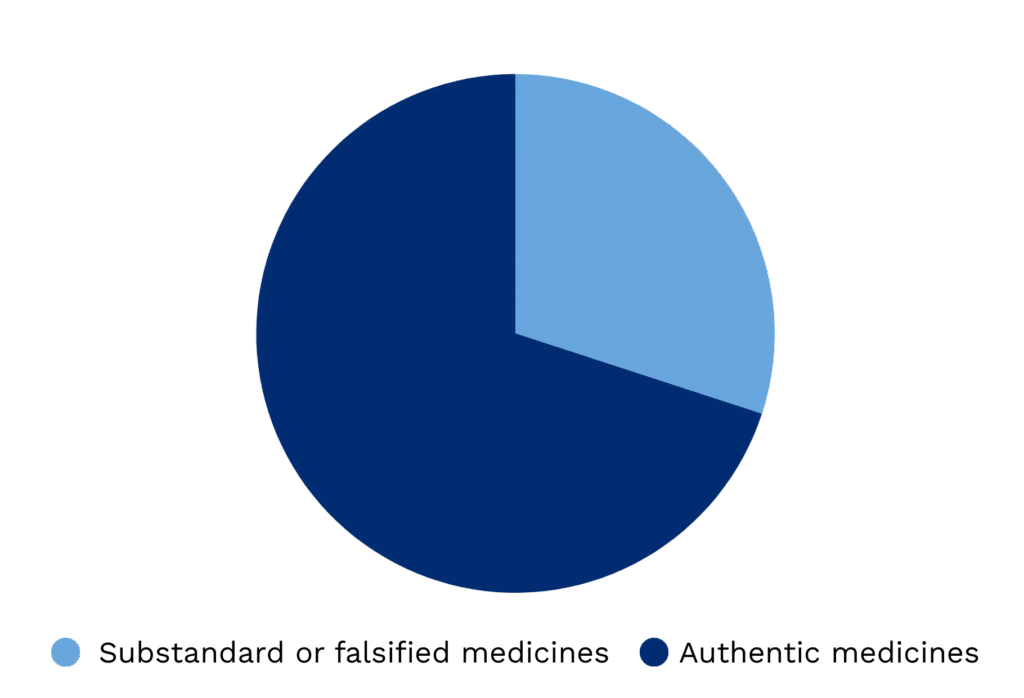
Estimates may be even higher for substandard and falsified cancer medicines. In Africa, 1 in 6 cancer medicines were found to be substandard in one study.
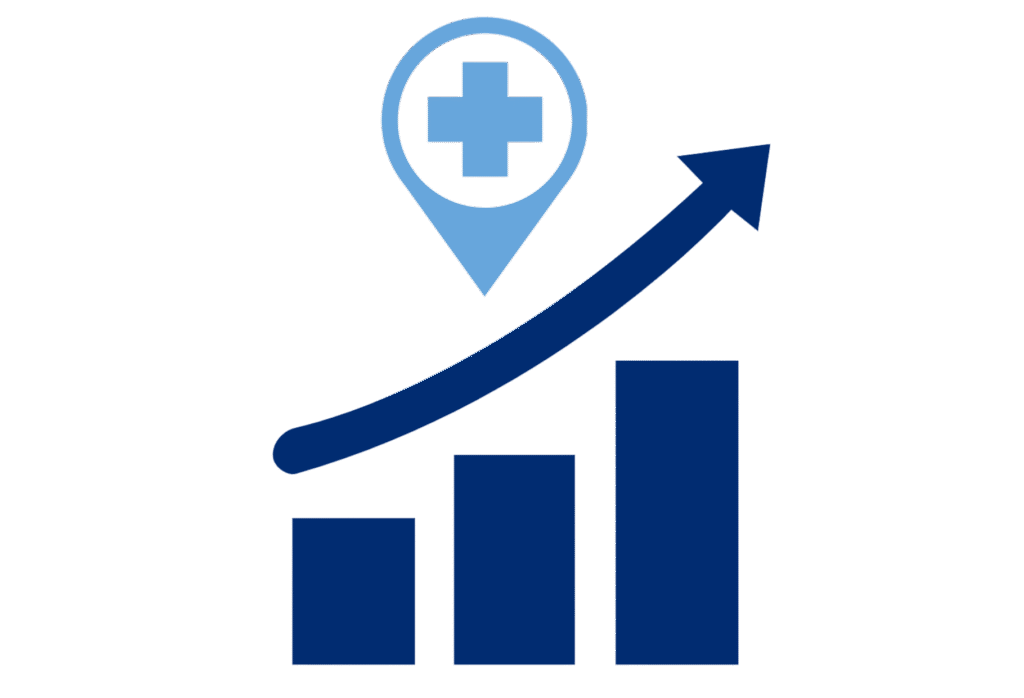
At best, they delay access to real treatments and let cancer progress. At worst, adverse events, organ failure or death. While mortality estimates for cancer meds are unknown, substandard and falsified meds across all categories kill 500,000 in Africa each year.
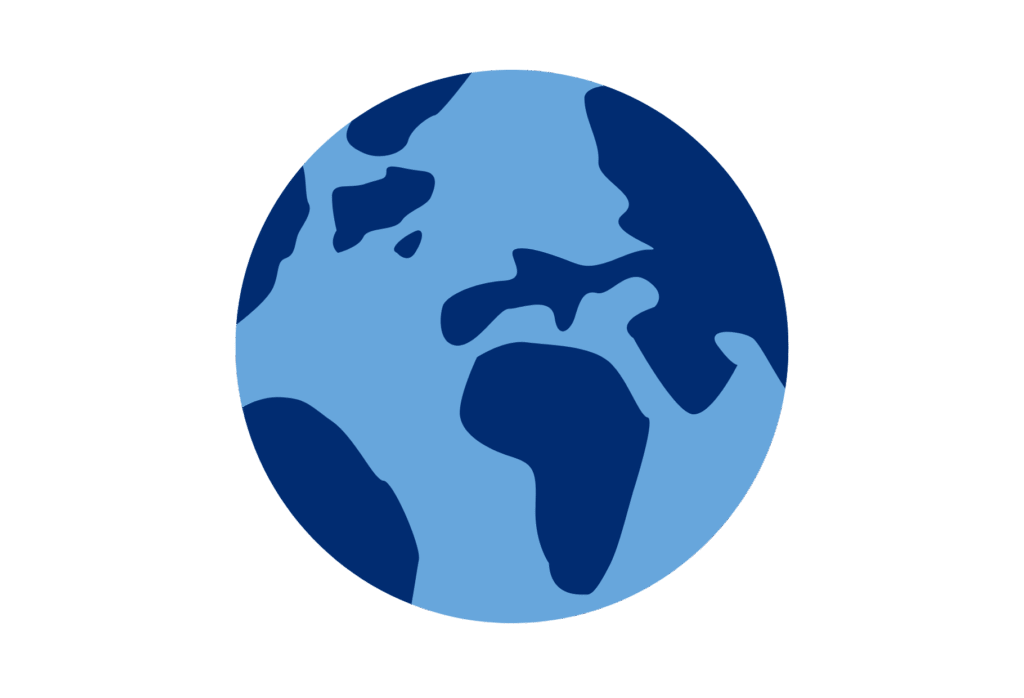
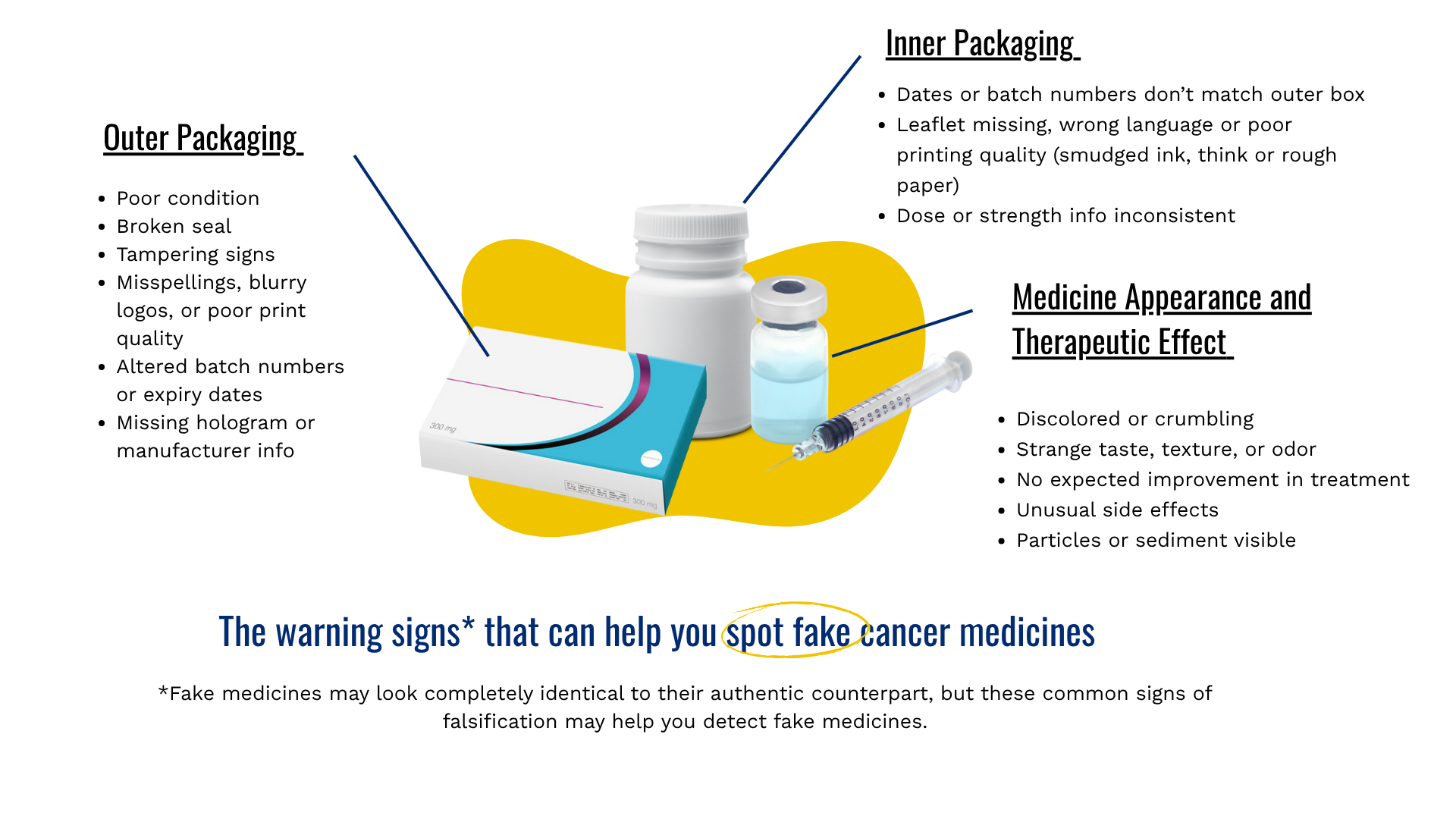
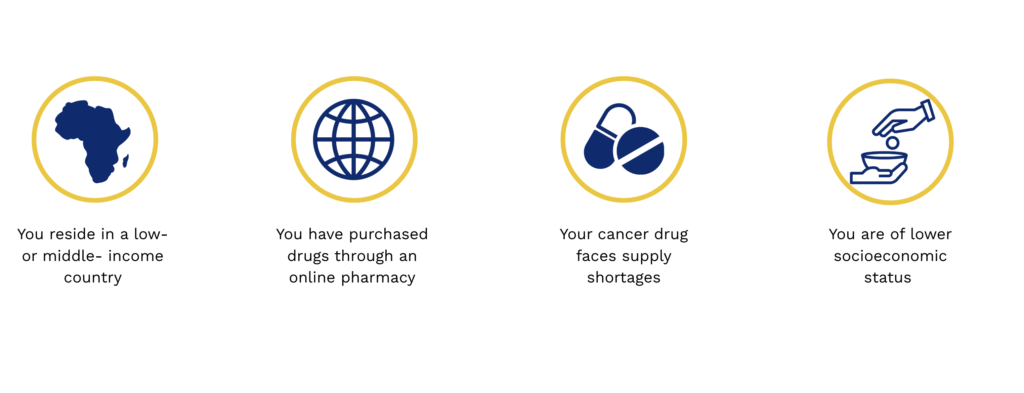
P. Precaution before purchasing.
I. Inspect the packaging.
E. Examine the medicine’s appearance.
S. Speak up and report to relevant authorities when suspicious.




